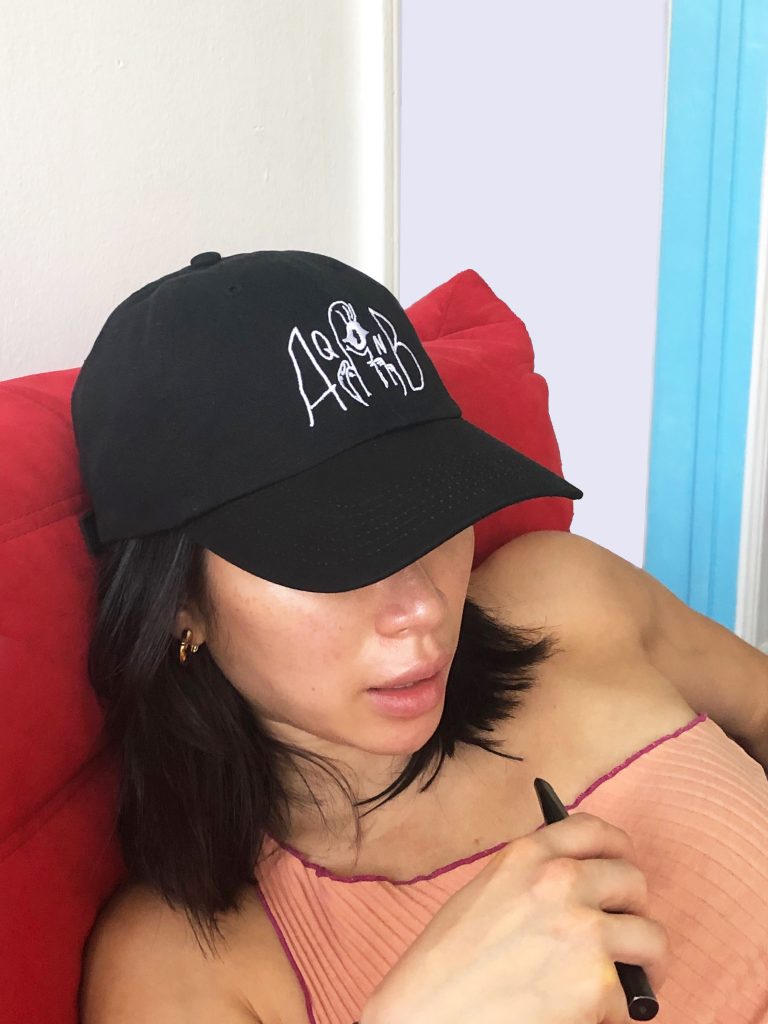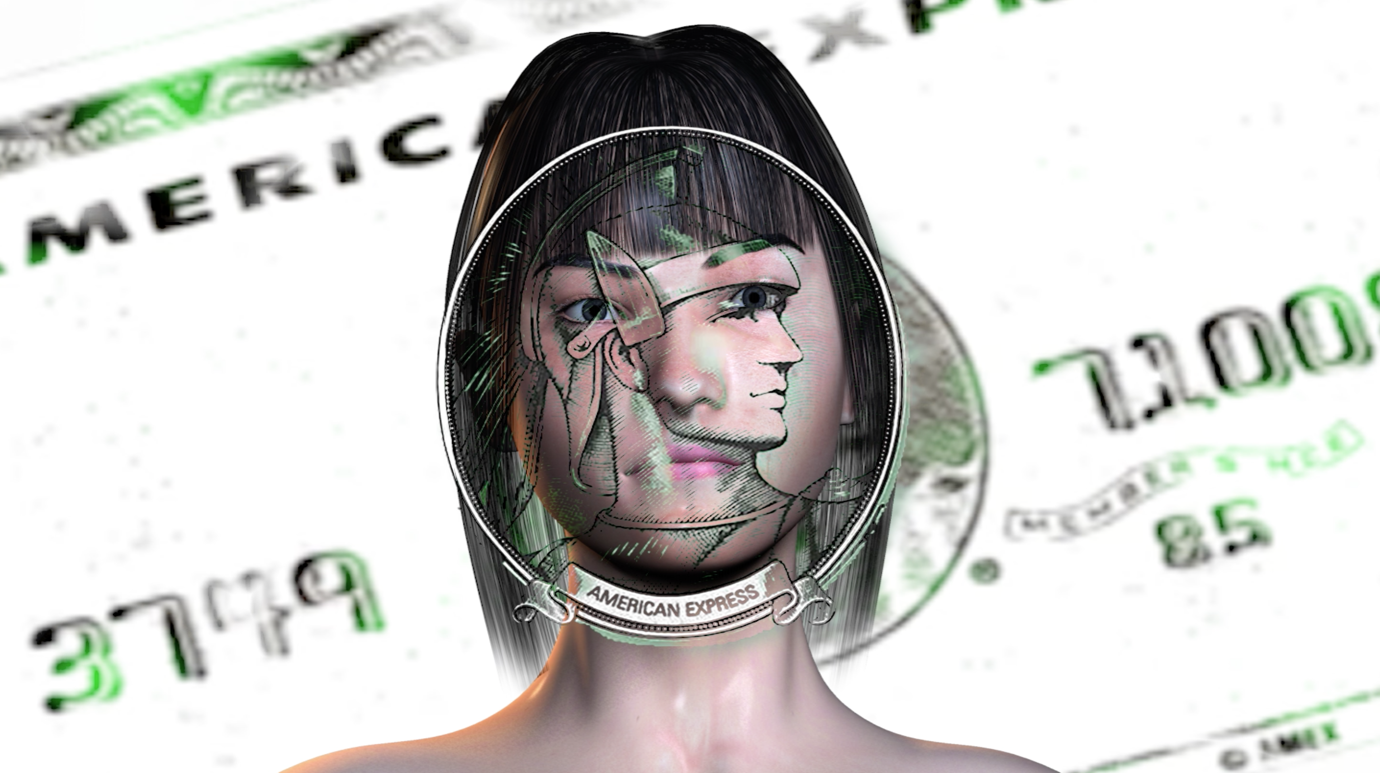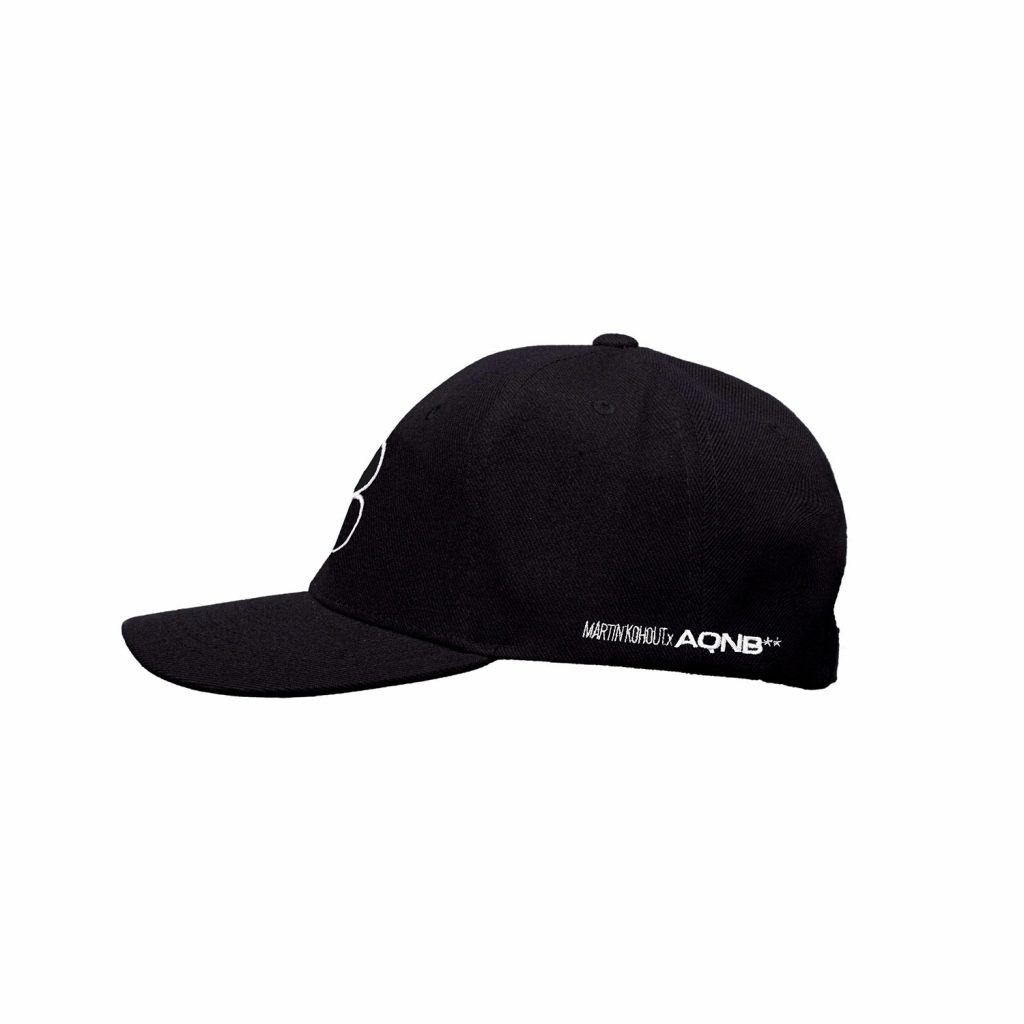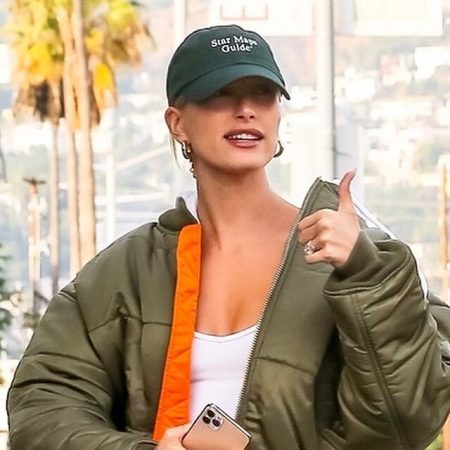“Thinking back, it’s a bit too silly,” writes Janice Lee about the Romanised Chinese name for her clothing brand called HOHO CO CO—taken from a partially Cantonese phrasing of what would ultimately translate to “A Very Good Company” in English. The independent label based in Los Angeles is currently trading exclusively in embroidered baseball caps, where the parlance of a particular cultural zeitgeist, like ‘Famous Actor’, ‘Internet Art’, ‘Non-Fungible Tokens’, is recontextualized through a wearable commodity. “The brand manifested as conceptual commentary on social consumerism, and I wanted the phrases to provoke thought through very simple, everyday objects.”

As it turns out, that simple gesture is profoundly resonant and relatively popular. There are more socially-specific phrases like ‘Green Card Wedding’, ‘Certified Life Coach’ and ‘USPS vs. DMV’, which would chime more with people familiar with the way the United States and California operate their services sector. Celebrity Hailey Bieber herself was captured sporting a ‘Star Maps Guide’ number, while Katy Perry is apparently the proud owner of ‘Huge Fan’ and ‘Come to Brazil’. As for AQNB, Lee facilitated the production of our A Nice Cap Limited Edition hat design collaboration with long-time peer and AQNB Productions alum Martin Kohout, for sale in support of the site and its running costs from May 5.
An entrepreneur of sorts, Lee first enrolled in Integrated Design at New York’s Parsons School of Design before transferring to London’s Central Saint Martins to study Fashion Communication with Promotion. There, the Hong Kong-born-and-raised creative explored marketing and psychology, with a particular interest in the development of a globalized consumer culture and its relationship to luxury products. Lee’s final degree piece is a sleek CGI video called ‘Ruxury‘ that examines identity construction across cultures and high-end items as symbols of power and success. It’s a fascination that Lee carried over to her professional life in Los Angeles, where she works in cannabis and trades in baseball caps. “I was brainstorming an idea about the cliches of living in LA—parking, celebrities, restaurants, etcetera,” she writes, about how she came upon the ‘Star Maps Guide’ theme of TMZ tours—an iconic Hollywood trope. “The funniest part is when I found an image of Hailey Bieber wearing that around LA, it kind of completed the circle.”
**Tell me something about your interest in branding and where it started because it goes further than just selling products?

Janice Lee: It started when I was in university interning at different places. I was especially interested in the perspective storytelling goes in advertising, and how language and imagery can change one’s perception of a product— whether it is $10 or $100. I started noticing peoples’ approaches towards labels and prices, and it made me realize that branding is really about building a personality/character for your company, and using imagery to persuade a consumer of a lifestyle you can buy into.
**There’s this line in the ‘Ruxury’ video, where the avatar repeats in Mandarin, “I bought a story too. I too bought a Gucci”. It feels resonant in quite a simple, subtle way, and I’m interested in what you’re doing with that?
JL: I find it interesting that brands play a huge role in defining people’s lifestyles. A 24-year-old wearing a Gucci purse with her vintage leather jacket and Nike Air Max walking down Los Feliz might carry a different meaning than a 24-year-old wearing the same purse walking down a mall in Mainland China. The phrases sounding so similarly can be defined so drastically in different cultural contexts.

**There’s also not only an interest in the notion of fakes and authenticity in that video and others, but a fetish for form. I think that’s reflective of the impulse of branding and design in general, is that something you think about?
JL: I think authenticity is carried through the persona of a person. It almost just comes from confidence. It could be a cool thing for someone to carry a fake Gucci but can also have the opposite effect in certain people who are self-conscious in their own authenticity.
**You’re originally from Hong Kong, then moved to London to study and now you live in Los Angeles. What are the cultural differences you’ve noticed across those cities in terms of consumerism specifically and how has it shaped and shifted your outlook and practice?
JL: There is definitely a difference between the cities and how consumerism works. I feel like in a lot of Asian cultures, maximizing consumerism is always considered a luxury (probably, other than certain Japanese practices). More is more, rather than less is more. Commodities that have a resounding brand image creates a huge attraction, almost as if it’s a shortcut to tell others ‘hey, I’m rich’. Vintage or secondhand items are less of a hit in these cities, as opposed to London and Los Angeles, for example, where they’re considered cooler and more exotic than a brand new expensive product.
**Your interests feel very responsive, research-based and contextual, like your work in London was concerned with consumer products, and particularly its interpretation and semiotic shifts across cultures (East versus West), while in Los Angeles it’s more about popular culture and weed. Would you agree?

JL: I think I have a wide range of interests, and each of my practices becomes a personal dialogue with culture and what’s happening at these different times and places in relevance to pop culture. I stumbled upon working in the weed industry several years ago because I felt like what was then an up-and-coming industry was an open canvas. I saw that there were a lot of potential to deviate from its preexisting style.
**With that in mind, do you think a hat brand like HO CO CO would have worked as successfully as it has in Los Angeles?
JL: The hat idea originated when I first moved here and wanted to make merch promoting bootleg movie sites, like VideoWeed and 123Movies—advertising online sites that don’t advertise themselves. I thought hats were a great vehicle, since its a one size fits all deal and anyone in LA can use a hat. And yes, I believe a lot of my ideas came out of living in LA!**













